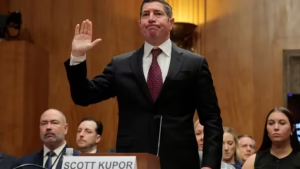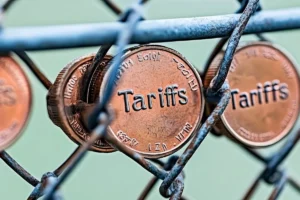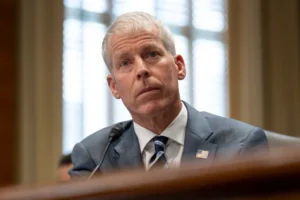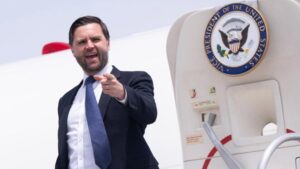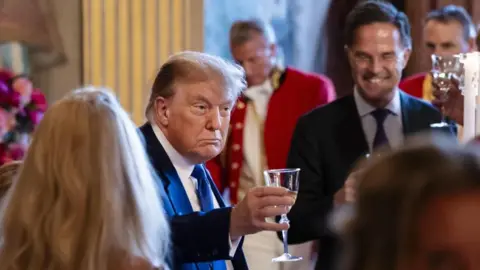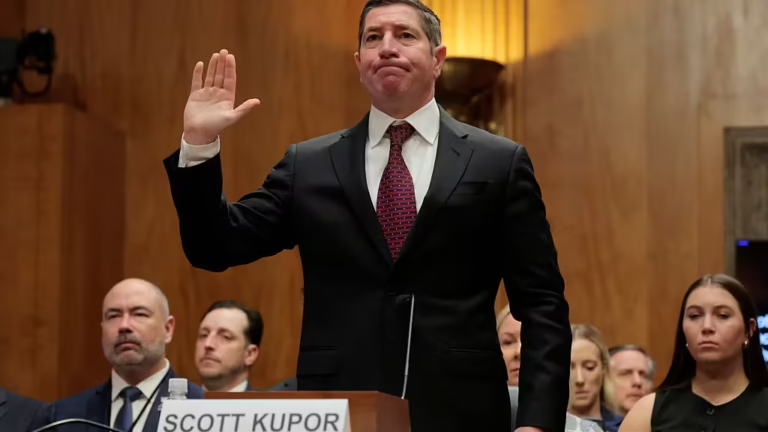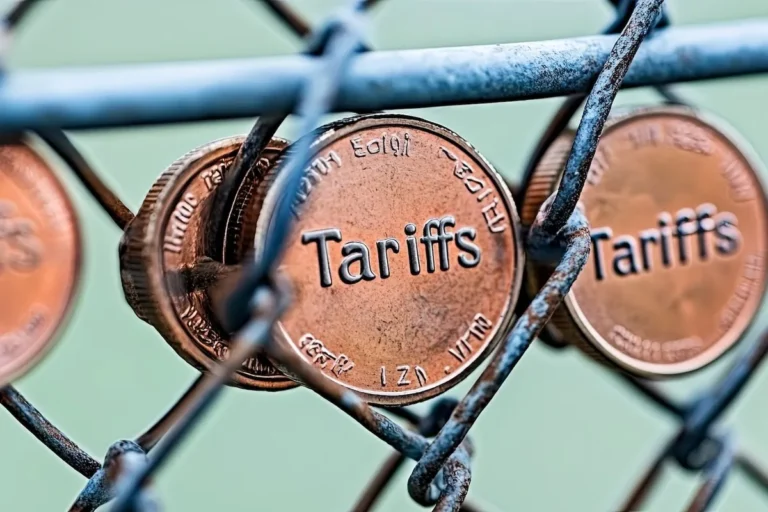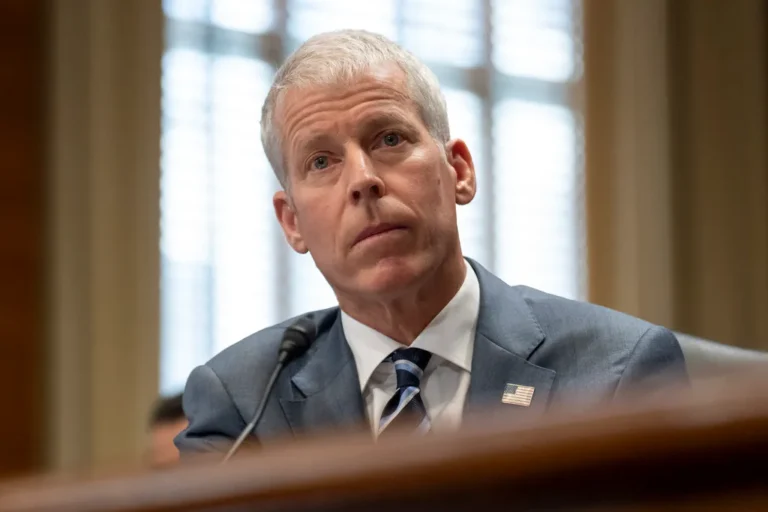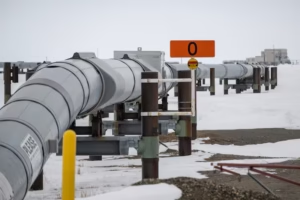Praise from NATO and a Moment of Triumph
Trump Takes a Victory Lap, The route to The Hague for the NATO summit, President Donald Trump took a moment aboard Air Force One to bask in praise from NATO Secretary General Mark Rutte. Sharing a text message on Truth Social, Trump highlighted Rutte’s glowing endorsement of his decisive military actions in Iran. “That was truly extraordinary and something no one else dared to do,” Rutte wrote, commending Trump for ordering U.S. bombers to strike Iran’s nuclear facilities and brokering what is now being called the “12-Day War” ceasefire.
Rutte, once a critic of Trump’s skepticism toward NATO, hailed the U.S. president’s leadership, telling him, “It will be your win,” in reference to NATO allies agreeing to Trump’s demand for increased defence spending—up to 5% of GDP.
From Crisis to Ceasefire: A Rapid Turnaround
Just last week, Trump cut short his G7 appearance in Canada to deal with escalating tensions between Israel and Iran. The U.S. joined the conflict by launching strikes against Iranian nuclear sites. By Tuesday morning, Trump was already on his way to Europe, claiming a successful ceasefire deal had been secured between the two adversaries.
According to both White House insiders and NATO officials, Trump’s direct involvement—including a forceful phone call to Israeli Prime Minister Benjamin Netanyahu—was key in convincing both sides to halt hostilities. Trump’s pressure on Israel to “calm down” and his scolding of Iran for violations of the ceasefire were seen as pivotal moves in de-escalating the conflict.

A Strategic Win or a Temporary Pause?
Despite the White House’s triumphant messaging, U.S. military intelligence paints a more nuanced picture. Pentagon sources have reported that the strikes on Iran’s nuclear infrastructure caused limited long-term damage. According to preliminary assessments, Iran’s nuclear program may only have been set back by a few months, and its enriched uranium stockpile remains largely intact.
CBS News and other outlets have also reported on the existence of an undisclosed Iranian research facility that was untouched in the strikes—casting doubt on the claim that Iran’s nuclear threat has been “obliterated.”
The White House has rejected these assessments as “flat-out wrong,” accusing critics of trying to undermine the president’s success.
Middle East Uncertainty Looms
The ceasefire, though holding, remains fragile. Iran has denied violating the truce and insists it is ready to return to negotiations. But with its leadership rattled by sustained Israeli bombing, the risk of political destabilization remains high.
History has shown that sudden power vacuums in the Middle East, such as in Syria, can lead to prolonged chaos. Trump may speak of “love, peace and prosperity” for the Iranian people, but analysts warn of potential regional upheaval should Iran’s government falter.
Meanwhile, longstanding conflicts in Gaza and Ukraine persist—both of which Trump had pledged to end. For now, these issues appear to have taken a backseat in the administration’s strategic focus.
Domestic Fallout: Critics Silenced—for Now
On Capitol Hill, some of Trump’s usual critics have paused their opposition. Congressman Thomas Massie of Kentucky, who planned to introduce legislation limiting Trump’s military powers in Iran, has since shelved the proposal. This political breathing room has allowed the president to frame the ceasefire and military strikes as unqualified victories.
Vice President JD Vance further defined Trump’s emerging foreign policy doctrine in a Truth Social post:
“1) Clearly define an American interest; 2) Negotiate aggressively to achieve that interest; 3) Use overwhelming force if necessary.”
Though simple, the statement encapsulates Trump’s tactical—often improvisational—approach to foreign policy, which has swung from isolationism to sudden military intervention.
A Chaotic Ride with a Celebratory Stop
In the past two weeks alone, Trump’s posture has shifted drastically—from distancing himself from Israel’s offensive, to joining the attack, to facilitating a ceasefire. He’s gone from threatening regime change in Tehran to expressing a desire for “calm” and denying any such intent.
The strategy appears less like a well-mapped doctrine and more like a high-stakes rollercoaster, veering from crisis to resolution with little warning.
Still, as the saying goes—results matter. And this week, despite looming pitfalls and ongoing conflicts, Donald Trump is taking a well-publicized victory lap, bolstered by international praise, domestic silence from critics, and a NATO summit seemingly aligned with his goals.
For more latest news checkout our website: usnewsinsight

